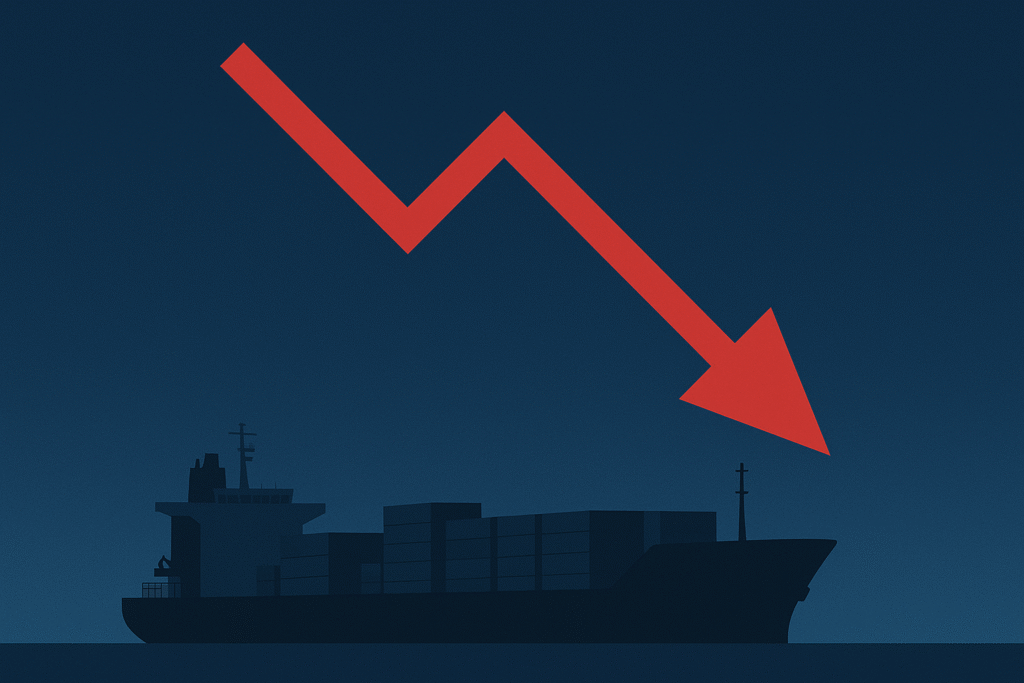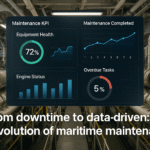When Certainty Falters, Progress Slows
The IMO’s Net Zero Delay and What It Means for the Industry
In shipping, confidence is built on clarity. Clear rules. Predictable frameworks. A shared direction of travel.
The recent decision by the International Maritime Organization (IMO) to postpone adoption of its Net Zero Framework until 2026 adds further uncertainty to an already complex operating environment. For an industry built on long-term investment cycles and global operations, this isn’t just another technical delay. It risks slowing progress at a time when momentum is needed.
Certainty Drives Confidence
Across conferences, customer meetings and conversations with partners, one message keeps coming through. We don’t need perfection. We need direction.
The proposed framework wasn’t flawless. But as the saying goes, “perfection is the enemy of progress.” It could have offered a workable baseline for investment and decision-making, something the industry could build on and shape over time.
Instead, shipowners and operators are left with more questions. More uncertainty. And less confidence in which way to move.
The Risk of Fragmentation
Without a consistent global framework, different regions will continue introducing their own rules and mechanisms. We are already seeing this with emissions trading schemes, fuel levies and varying reporting obligations.
Fragmented regulation brings cost and complexity. It makes it harder to plan dry dock cycles, evaluate newbuilds, or choose which fuel pathway to follow. And it risks penalising early movers who took a leadership position while others waited for clarity.
The result is hesitation. Investment slows, not because of a lack of ambition, but because the long-term signals are unclear.
Progress Is Still Happening
What’s encouraging is that many owners and operators are continuing to act. Not through sweeping changes or risky fuel bets, but by focusing on what delivers value now.
Upgrading existing fleets with proven energy-saving technologies. Investing in digital tools that improve maintenance planning and procurement decisions. Optimising the way data is used to drive performance and compliance.
These are actions grounded in operational logic, not regulatory theory. They are steps that strengthen resilience while still moving toward decarbonisation, regardless of political timelines.
At SpecTec, we support that direction. Our role is to provide the tools and insight that help operators take meaningful action today, not wait for the perfect scenario tomorrow.
A Realistic View of the Path Ahead
There is no question that shipping has a role to play in supporting climate goals. Whether or not full net zero across the global fleet is truly achievable by 2050 remains to be seen.
But the direction is clear. More efficient vessels. Smarter decision-making. Clearer accountability.
The focus now should be on meaningful progress, not policy headlines. A long-term plan that values technical readiness, workforce impact and commercial viability over short-term reaction.
Looking Ahead
What happens next matters. A consistent, global framework is still needed. But the absence of one should not be used as a reason to stand still.
Our conversations with customers continue to show that this industry wants to move forward. Not for compliance. But because efficiency, sustainability and profitability are now interlinked.
So while others debate timelines, those who act now, with purpose and realism, will be the ones who shape the future of maritime.
At SpecTec, we are focused on helping them do just that.




